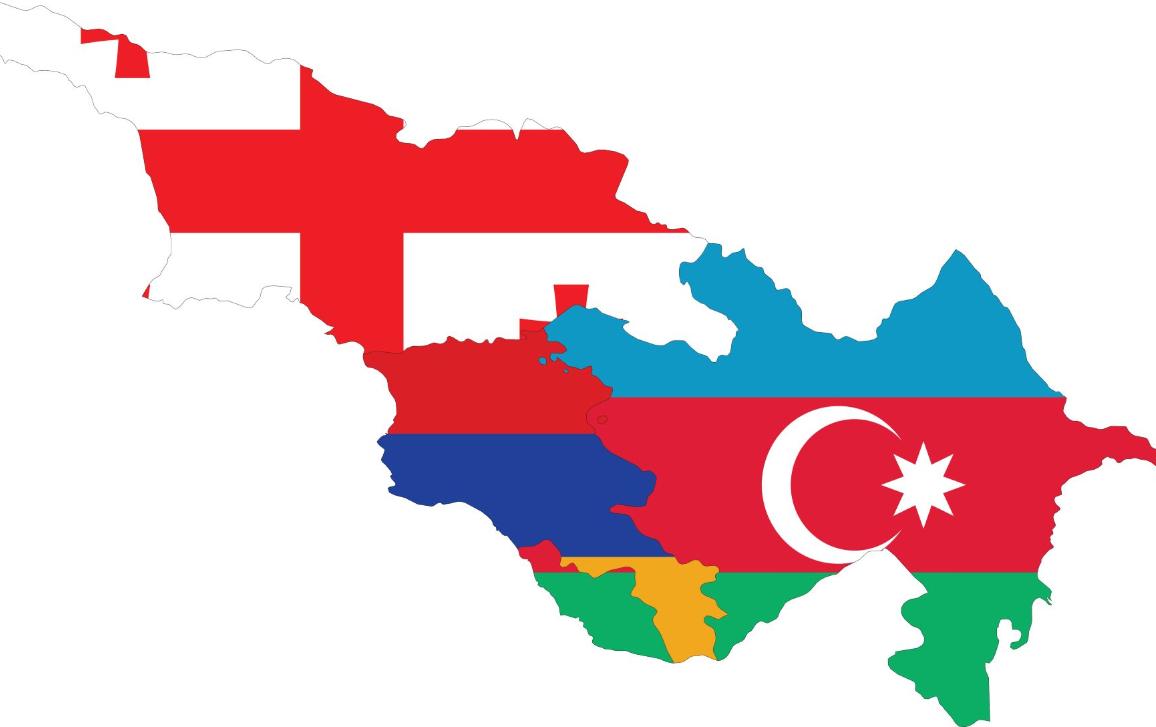EU relations with the Southern Caucasus in the context of the Eastern Partnership – bilateral and multilateral relations.

Date
26 June 2024
Time
15:30 - 17:00
Location
Meeting room of the Egmont Institute, Rue des Petits Carmes 24A, B-1000 Brussels
Type of Event
Round Table Discussion
Organisation
Egmont Institute
The Russian war of aggression on Ukraine has increased tensions between the world’s major powers. At the same time, it has impacted the regions in which they have since ages projected their power, such as the South Caucasus. Apart from Russia, this region is surrounded by powers such as Iran, Turkey and the European Union (via the Black Sea), all of which have a significant impact on the region’s present and future trajectory. Despite Russia’s war efforts in Ukraine, it has not given up on reclaiming Georgia, two regions of which, South Ossetia and Abkhazia, it is controlling. Armenia is seeking rapprochement with Europe and NATO, in particular following Russia’s inaction in the wake of Azerbaijan’s operation to take back Nagorno-Karabakh last September. On 12 June the Armenian Prime Minister stated his country would formally withdraw from the Collective Security Treaty Organization (CSTO). In 2022, when Russia cut gas exports to the EU, Azerbaijan pledged to provide alternative gas supplies.
The Union’s involvement in the Southern Caucasus dates back from the 1990s, with the TRACECA programme and Partnership and Cooperation Agreements with the 3 states were concluded. The region has not only gained importance for its energy resources. It also represents a transport route bypassing Russia (in the form of the initiatives around the Middle Corridor).
Welcome by Mr Pol De Witte, Director General of the Egmont Institute
Introductory remarks by Mr Dirk Schübel, EU Special Envoy for the Eastern Partnership
Followed by interventions by:
Professor Nerses Kopalyan (University of Nevada, US) on Armenia
Ms Mariam Khotenashvili, Executive Director TEPSA, on Georgia
Ms Sevinj Samadzade (Ghent University) on Azerbaijan
Discussant: Professor Fabienne Bossuyt, Professor at Ghent University and coordinator of the Ghent Institute for International and European Studies (GIES)
Q&A
Concluding remarks
This event will be under Chatham House rule.
(Photo credit: European parliament)